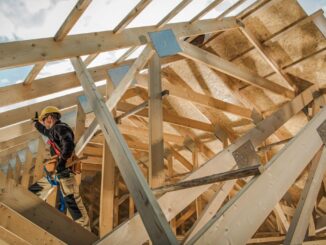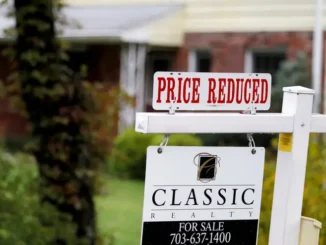
The Pandemic Housing Boom was simply too good of a deal for investors to pass up on: Historically low interest rates, easy access to capital, soaring rents, and skyrocketing house prices. That’s why everyone from mom-and-pop landlords, Airbnb hosts, to institutional big dogs piled in. At the height of the pandemic housing demand boom, Invitation Homes—which owns 82,837 U.S. single-family homes—was net buyer of 1,523 homes in Q3 2021. While American Homes 4 Rent—which owns 58,693 U.S. single-family homes—a net buyer of 1,292 homes in Q3 2021.
However, that investor frenzy which started in the summer of 2020, abated once interest rates began to spike in spring 2022. The combination of spiked interest rates, coupled with a lack of homes coming for sale in 2023, has translated into something of an institutional home buying freeze.
According to John Burns Research and Consulting, institutional firms bought 90% fewer homes in Q1 2023 as compared to Q1 2022. In the first half of 2023, both Invitation Homes (-205 homes) and American Homes 4 Rent (-300 homes) were net sellers. While Yieldstreet—which owns around 700 homes—told Fortune it hasn’t bought a single home in 2023 through July.
That said, the next upswing could already be in the works.
On Tuesday, MetLife Single Family Rental Fund revealed that it has secured $390 million in committed capital. Additionally, in July, J.P. Morgan Asset Management announced its intention to engage in a $625 million joint venture with American Homes 4 Rent, with plans to develop rental homes nationwide. Furthermore, Invitation Homes acquired a “portfolio of nearly 1,900 homes for approximately $650 million” on July 18th—this move is poised to position it as a net buyer once its third-quarter results are published.
This all raises the question: How long will institutional firms remain timid? What, if anything, would have to happen to cause another frenzy?
Loading…
Source: finance.yahoo.com
ENB
Sandstone Group



